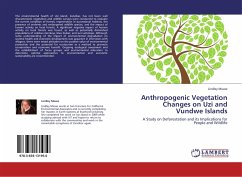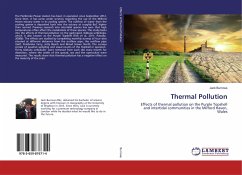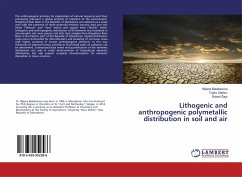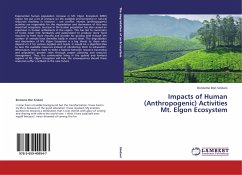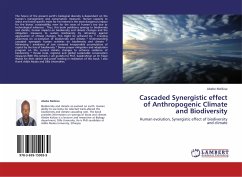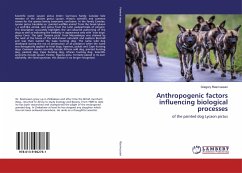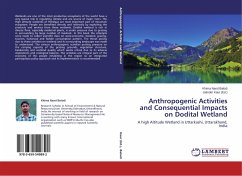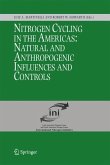The environmental health of Uzi Island, Zanzibar, has not been well characterized; vegetation and wildlife surveys were conducted to evaluate the current condition of forests, regeneration in successional habitats, the presence of endemic and endangered wildlife species, and the impact of human activity on local forests. A significant negative impact of human activity on local forests was found, as well as potentially diminished populations of colobus monkeys, blue duiker, and suni antelope. Although some understanding of the impact of environmental degradation on societal health and economic development was apparent in interviews with villagers, there were mixed attitudes on the positive value of environmental protection and the potential for ecotourism as a method to promote conservation and economic benefit. Ongoing ecological assessment and the establishment of focus groups and environmental education to determine optimal approaches to environmental and economic sustainability are recommended.
Bitte wählen Sie Ihr Anliegen aus.
Rechnungen
Retourenschein anfordern
Bestellstatus
Storno

